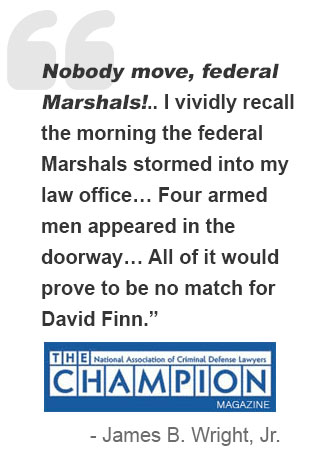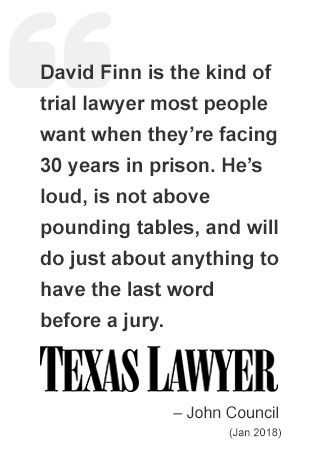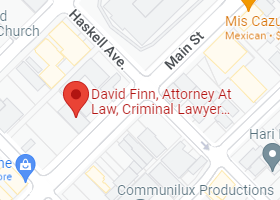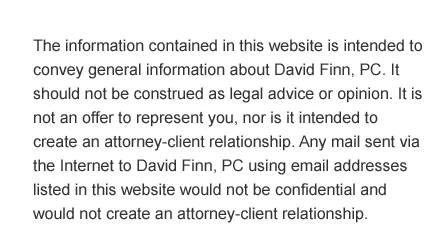


Fingerprint failure by Dallas County, Alabama sheriff’s officials puts innocent man in jail 4 months
Article by KEVIN KRAUSE
Dallas Morning News
Saturday, May 1, 2010
A 30-year-old man mistaken for a Dallas County fugitive spent nearly four months in an Alabama jail for crimes he didn’t commit because sheriff’s officials did not make routine fingerprint checks.
Samuel David Ramirez Perez was arrested in a small southern Alabama town in November after a traffic stop revealed he shared the name of a man wanted in Dallas County on 1999 felony drug charges.
After his arrest, Perez repeatedly insisted he was not the man wanted in Texas and fought extradition. But sheriff’s officials here and in Alabama didn’t ask each other for fingerprints they had on file that would have set Perez free.
Last month, a Dallas County sheriff’s deputy flew to Baldwin County, Ala., and brought Perez to Dallas. A fingerprint analysis at the Lew Sterrett jail complex revealed the error, and sheriff’s officials put Perez on a bus home to Alabama.
The mix-up raises questions about whether police and prosecutors do enough to verify suspects’ identities when they fight extradition – a complex process involving multiple agencies in two states.
Although rare, similar mistakes have occurred in the past, mainly involving poor Hispanics, including most recently a 2005 case involving a Florida man who was mistaken for a Harris County fugitive.
State laws governing criminal extradition don’t stipulate which agency is supposed to try to match fingerprints to confirm a fugitive’s identity. The Dallas County sheriff and Baldwin County sheriff blame each other for the mix-up, saying the other was responsible for verifying the innocent man’s identity.
The result is that taxpayers in both counties will have to pay thousands of dollars – for Perez’s 16-week jail stay and the travel costs to bring him to Dallas.
Perez, who lives in a mobile home park in rural Alabama, could not be reached for comment.
But if he decides to sue one or both counties, he would have a strong case, legal observers say.
“If you’ve got the wrong person in custody, and you’ve got prints, you can figure it out sooner rather than later,” said Dallas lawyer David Finn, a former prosecutor and judge. “And before taxpayers have to foot the bill for transport and jail costs.”
No lawyer appointed
Alabama courts also failed to catch the mistake because Perez was not appointed a lawyer and never got an extradition hearing that he’s entitled to under state law.
“You’re being accused of a crime you didn’t commit. That’s where a lawyer should have come in,” Finn said. “And if that didn’t happen, it’s a problem.”
A defense lawyer could have filed a writ of habeas corpus on behalf of Perez and demanded a fingerprint analysis to prove he wasn’t the man sought in Texas, Finn said.
Judge James H. Reid, presiding judge of the Baldwin County criminal courts, said Perez should have been told he was entitled to a lawyer and a hearing.
“I really regret something like this happened,” he said.
The county jail generally has about 600 inmates, Reid said. “It’s hard to keep track of all of them.”
Lisa Graybill, legal director of the Texas chapter of the American Civil Liberties Union , said Perez was the victim of a breakdown in the system.
“It sounds like a failure on both sides,” she said. “What a huge waste of state resources.”
Transposed numbers
Perez was stopped Nov. 28 by a police officer in the small town of Foley, Ala.
Maj. Anthony Lowery of the Baldwin County Sheriff’s Office said a check of identifying features on the warrant such as height and weight matched. Both men were born in August 1979.
But the Perez wanted in Dallas County was born Aug. 31. When the other Perez was booked into the Baldwin County Jail, he listed his birth date as Aug. 13, Lowery said.
Somehow, a couple of numbers got transposed, giving him the same birth date as the Dallas County fugitive, Reid said, which he called “incredibly bad luck.”
Lowery said his agency e-mailed Perez’s photo and fingerprints to the Dallas County Sheriff’s Department, which is the policy, so officials here could try to match the prints to prove he was the one they wanted.
Kim Leach, the Dallas County sheriff’s spokeswoman, said her agency never received fingerprints or a photo from Baldwin County. She said Baldwin County couldn’t provide any proof that the e-mail was sent when asked.
“The onus is on them to match them [fingerprints] up and make sure the person they have in custody is the right person,” Leach said.
Lowery disputed that claim.
“It’s their inmate. It’s not our responsibility to make sure it’s the right person,” he said.
Neither agency followed up with the other.
Governor’s warrant
When Perez fought extradition, the Dallas County Sheriff’s Department sought a governor’s warrant, which is a formal extradition request to force Perez to go to Dallas to face charges.
A spokeswoman for Gov. Rick Perry said Dallas County’s warrant application contained a photograph and physical description of the fugitive as well as all the charging documents. Fingerprints were not included, she said.
Following procedure, Perry signed the warrant and forwarded the paperwork to Gov. Bob Riley of Alabama, whose office issued it to Baldwin County.
On March 19, three days after Baldwin County received the warrant, Deputy Roy Williams of Sheriff Lupe Valdez’s fugitive unit traveled to Alabama to pick up Perez and bring him to Dallas.
Dallas County Magistrate Boyd Patterson said he’s never known of a case in which a governor’s warrant was signed when fingerprints weren’t matched. A print comparison is part of the evidence that allows you to get governor’s warrant, he said.
“I don’t know how you could make a mistake like that,” he said. “They should have already matched the prints. If you are seeking extradition, you are going to get a fingerprint match.”
Leach said the 1999 drug warrants for the other Samuel Perez remain active.
She said Valdez is “taking proactive measures and in the future will require all agencies, large and small, to send fingerprints to make a positive ID on each subject awaiting transfer.”
Phone Numbers
Office: (214) 538-6629







